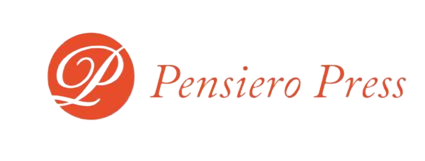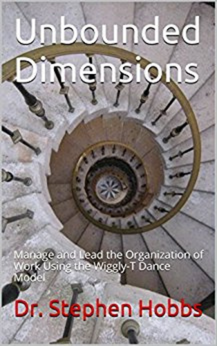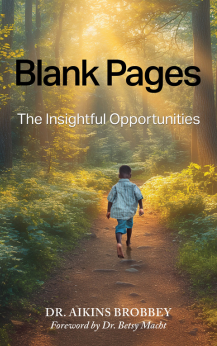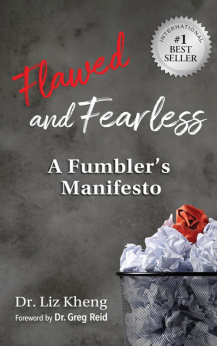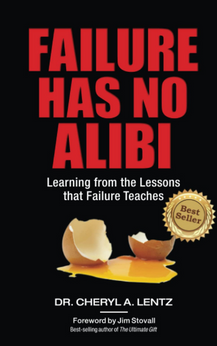Description
Unbounded Dimensions™ is a series of ideas, notions, suggestions, inklings, and guesses the authors believe necessary to challenge mainstream management and leadership thinking and practice. These genius ideas are peripheral concepts and practices with grounded proof of working for the authors and their clients, yet lack mainstay researched exposure upon their presentation in the series. This developmental series enlarges these ideas for others to acknowledge, advance and amplify in their workplace. In doing so, evidence-based research unfolds within workplaces to confirm or deny the usefulness, worth and truth of the ideas.
This first volume in the series by Dr. Cheryl Lentz offers a genesis of the concept of refractive thinking, the foundation behind the 14x award winning series: The Refractive Thinker®. If thinking is inside the box, and critical thinking is outside the box, refractive thinking is what lies beyond the box or beyond boundaries. Join Dr. Cheryl as you takes you on a journey of discovery regarding the philosophy of critical and refractive thinking as related to single, double, and triple loop learning.
The second volume in the series is by Dr. Stephen Hobbs highlights ways to manage and lead the organization of work while stimulating clarity, grounding oneself and having fun doing so. It’s about the interplay among Management and Leadership and the Organization of Work using the Wiggly-T Dance Model.
Organization of Work is the larger concept in which you manage and lead paradoxes. The most notable paradox is that of managing and leading. To have one is to have the other. You use managing and leading tools and techniques to activate your organization of work. The Wiggly-T Dance Model is a tool and technique to view the complementary connections within, without, between and together for managing and leading your organization of work. The book closes with commentary on what’s possible in moving forward for managing and leading your organization of work. The commentary suggests organization(al) culture is the next learning topic to extend the ideas presented in this book.
